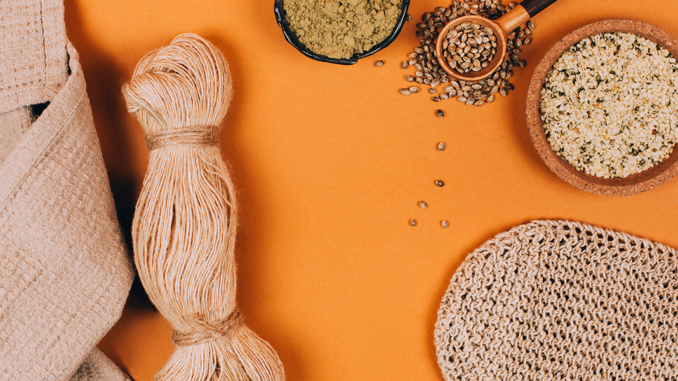
[ad_1]
Full disclosure: I’m a hemp farmer, but what I’m about to say has your best interest at heart.
If you want to grow hemp for the CBD market this summer, please don’t. Ask anyone who grew hemp for the CBD extraction market in 2020 if they’re going to grow any hemp at all this year – and if they are, how much less they’ll plant compared to last year.
It’s not the farmer’s fault no matter how wonderful or plentiful their crop. The market is flooded with literally tons of unsold hemp “biomass” all over the country. Bales, totes, bins, loose plants, trimmed flower, all of the above in abundance. Lots of sellers and hardly a buyer in sight.
When the Farm Bill passed in December 2018, states rushed to put rules and regulations in place for farmers to plant in the summer of 2019. Four-and-a-half times as many licenses were issued in 2019 compared to the previous year. Acres upon acres fueled by new farmers betting they could fetch the high prices previously earned by cannabis farmers in Colorado and Oregon.
Hemp farmers focused on the CBD market and grew far too much in 2019. Prices dropped considerably (duh). Everyone thought the demand would catch up with the supply. But it didn’t.
So what did farmers do? They planted more CBD-rich hemp in 2020. It’s estimated that 85-90% of the hemp grown last year was for the CBD market. And of course, prices dropped yet again.
Fewer farmers will apply for hemp licenses in 2021 as prices continue to fall. Meanwhile, seed companies have been sending me emails with bargain basement sale prices for weeks. Seems the CBD seed market is stagnant these days. Further evidence that the CBD market has stalled.

Hemp is not synonymous with CBD
In the green rush to grow hemp, people have mistaken “hemp” as a synonym for “CBD.” Before Sanjay Gupta introduced Charlotte Figge to the world (2013), the hemp movement was about food, fuel, and fiber. But today US farmers aren’t growing much hemp for those markets.
If you drink hemp milk, eat hemp granola or enjoy a hemp burger, the odds are that these foods were sourced from hemp grain grown in Canada. So if Americans are indeed migrating to plant foods, why aren’t more American farmers growing hemp as a grain crop? Hemp farmers, are you listening?
And what about hempcrete? Seen any at Lowe’s or Home Depot? Everyone’s talking about it, but stores aren’t selling it.
There’s a lot of groundwork to be done to make hempcrete mainstream. Architects and builders need to become familiar with it. Building codes need to embrace it. And when it does become a mainstream construction material, there needs to be enough to supply Lowe’s. Hemp cultivation will have to scale up to huge volumes to service this market. Hemp farmers are you listening?
Will there really be a market for fiber hemp? This is my third year writing a monthly column about hemp. My February column on hemp packaging got more feedback than all my other columns put together. Hemp toilet paper might not be a high priority right now, but Amazon boxes are.
Amazon shipping containers need to be made out of hemp, and Jeff Bezos is more than rich enough to subsidize the hemp industry to make it happen. It might go a long way to untarnishing his image. Trees are sacred and hemp is an earth-friendly alternative. Hemp farmers are you listening?

No shelf life for fiber hemp
I’m not trying to scare hemp farmers away. But growing hemp for the saturated CBD market doesn’t make a lot of sense – all the more so with a flood of cheap, synthetic CBD isolate made from yeast substrate in the offing.
While cultivating hemp for the small, but growing fiber market is speculative in the short term, consider this: There’s no shelf life for hemp fiber. Grow the right cultivars into tall plants with long fiber. Store them in a dry building, and they’ll last until the market catches up with you. And it will.
Right now the hemp-derived CBD market is beset by supply greater than the demand. For hemp fiber, the opposite is true. In the not too distant future the demand for hemp fiber is going to outstrip the supply. Hemp farmers, are you listening?
Jerry Whiting, a longtime Project CBD collaborator, writes a monthly hemp column for NWLeaf from which this article is adapted.
Copyright, Project CBD. May not be reprinted without permission.
[ad_2]
Source link

Soyez le premier à commenter